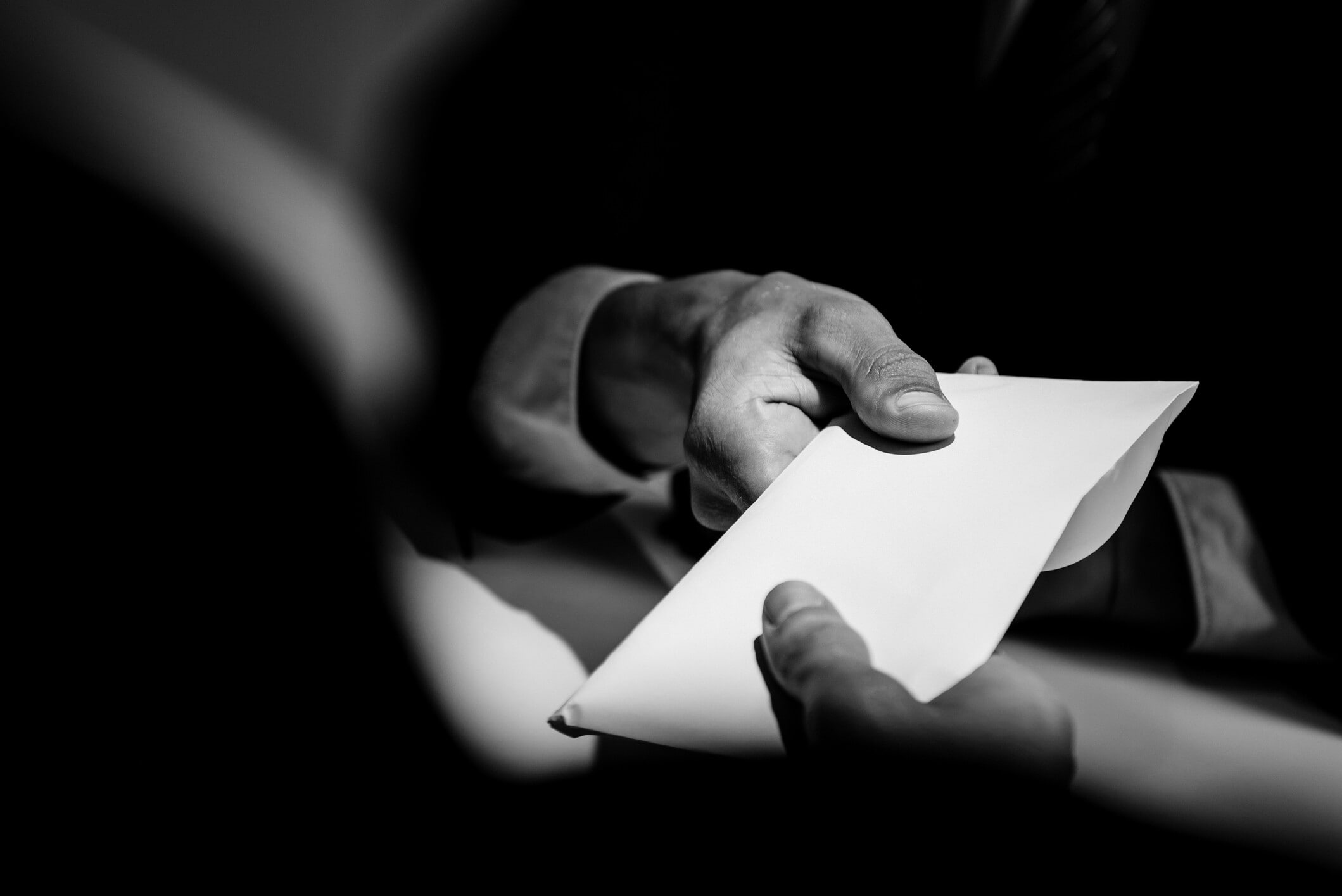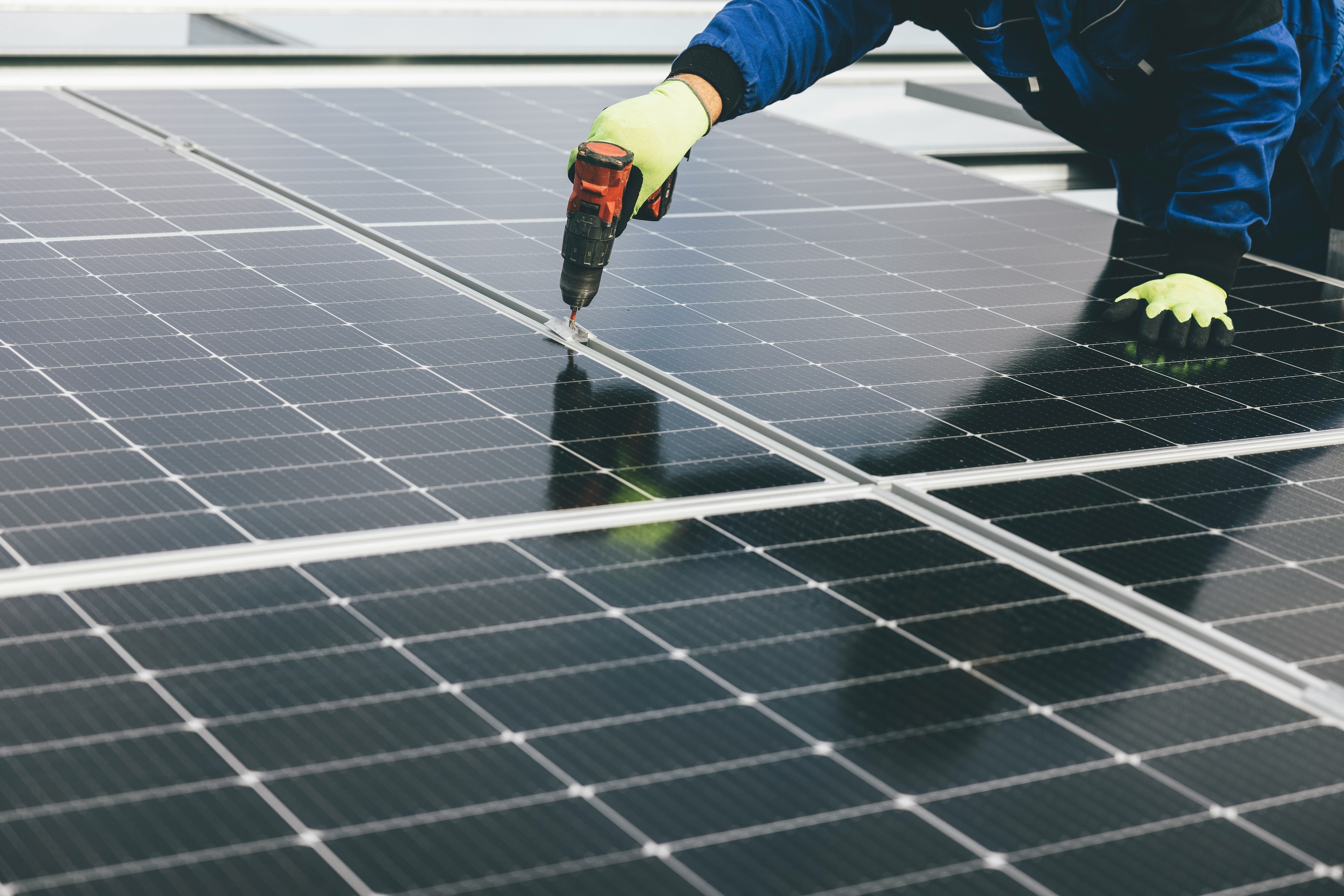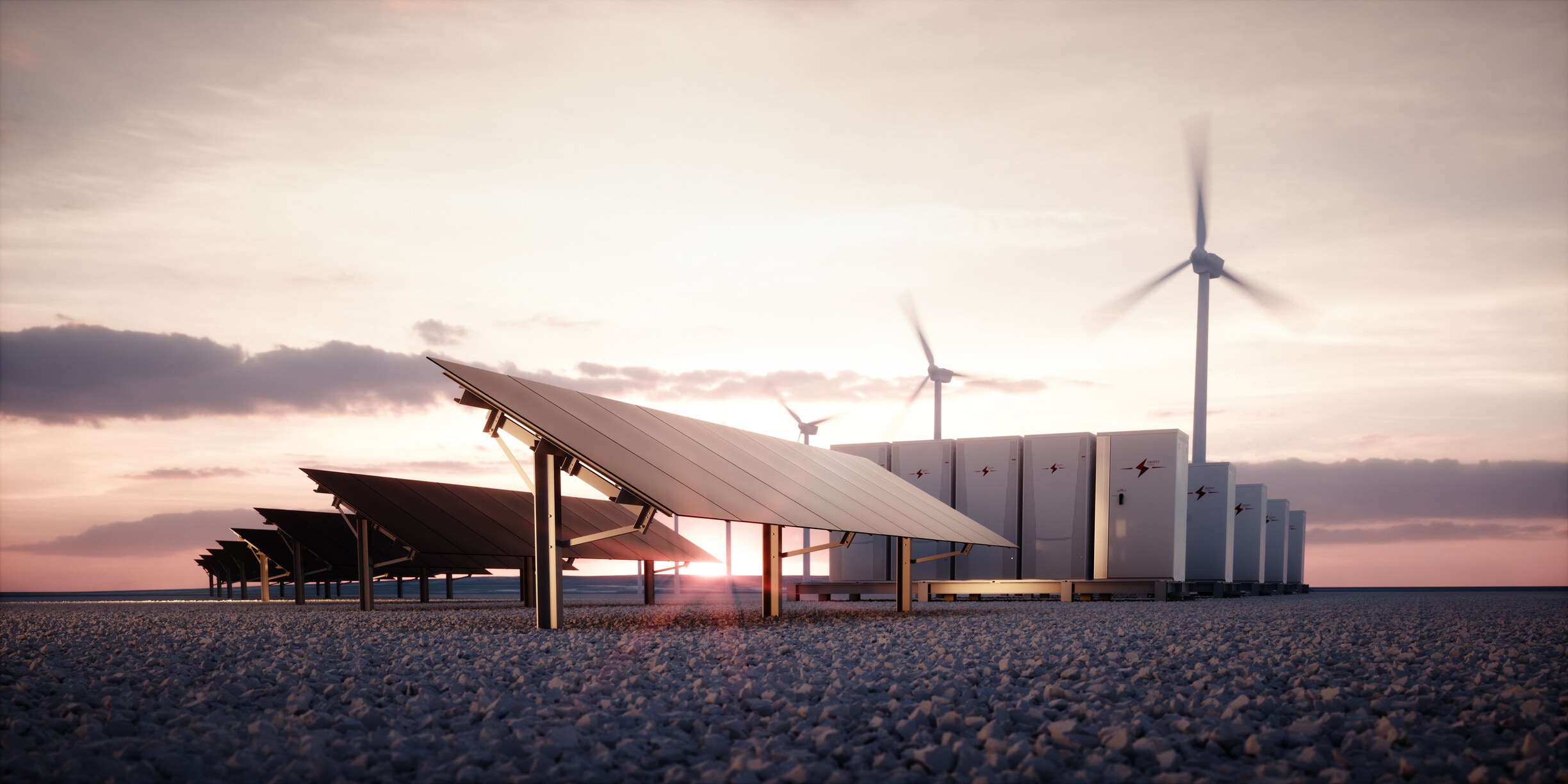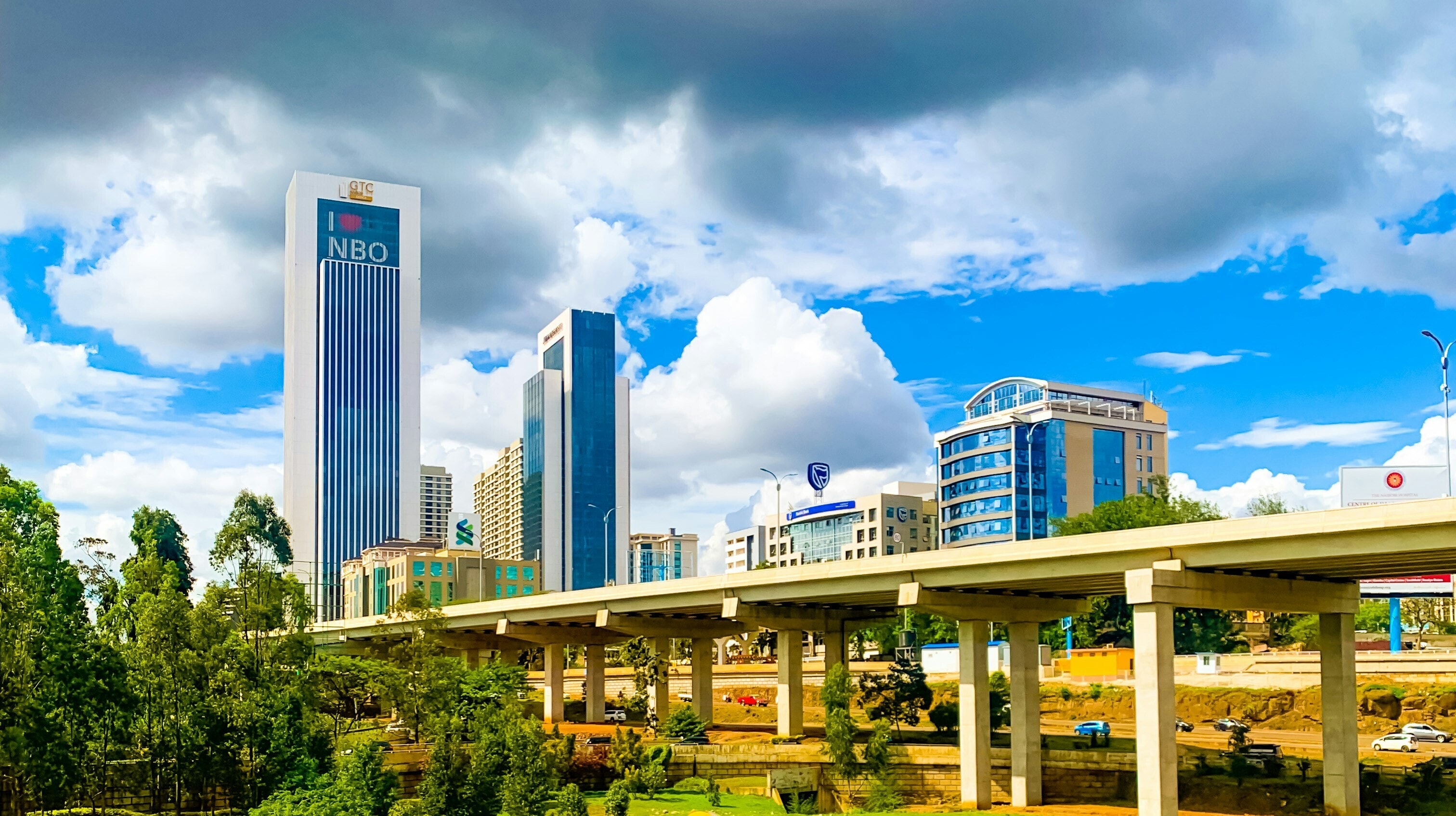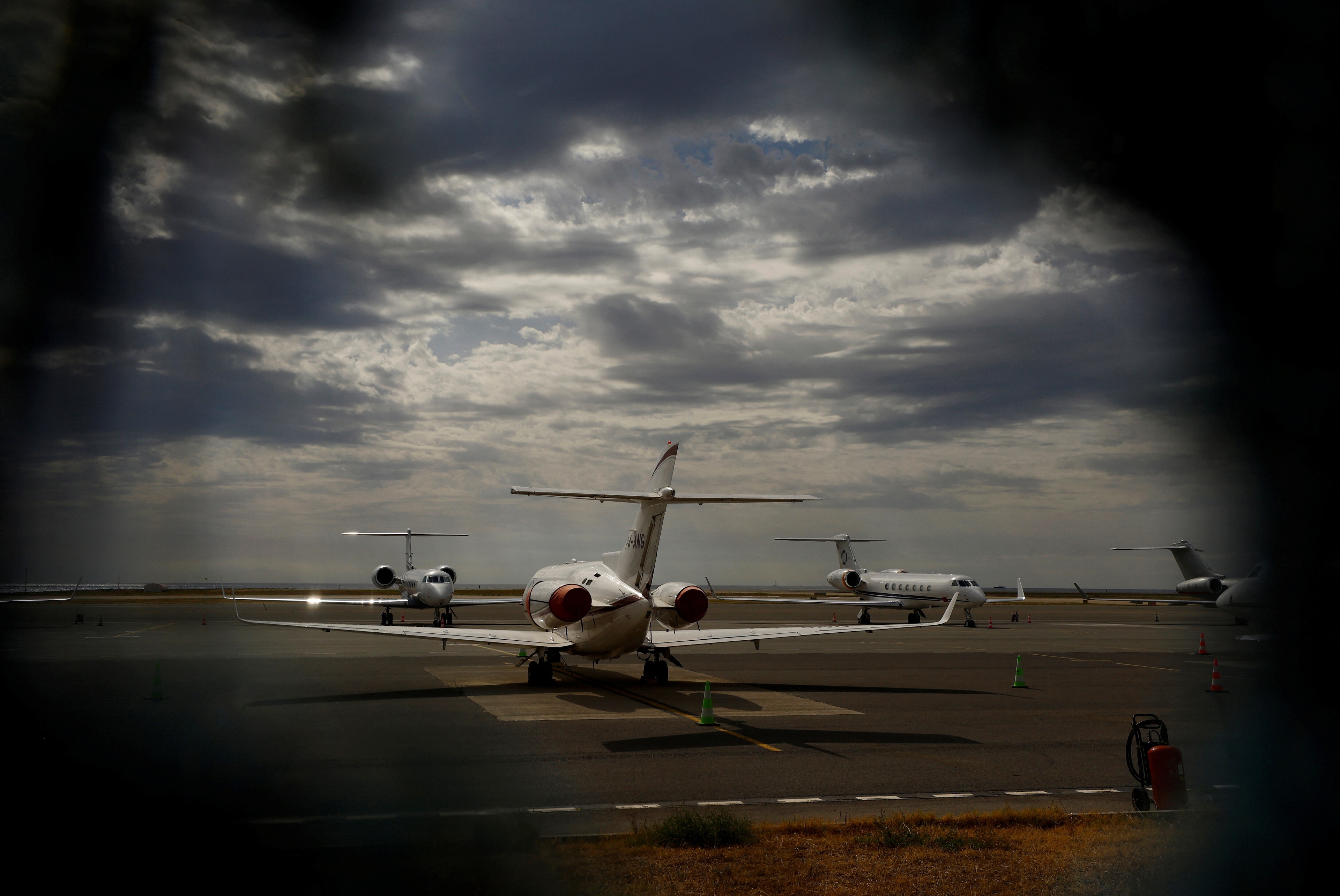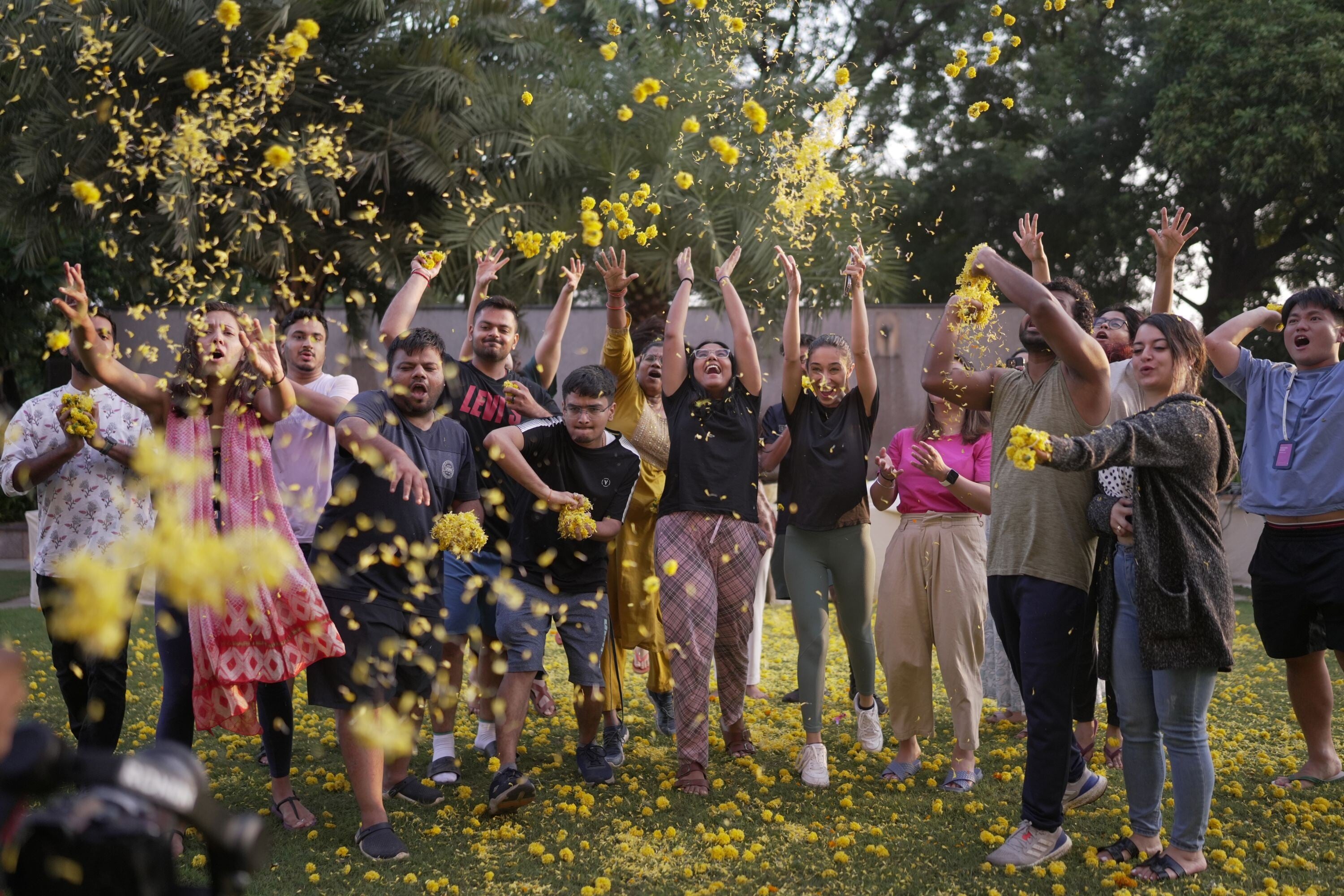11 climate leaders share their visions for saving the planet: Sustainable Development Impact Meetings

Creative and innovative solutions are needed to tackle climate change.
Image: Unsplash/ Eutah Mizushima
Stay up to date:
Sustainable Development
Listen to the article
- Momentum on tackling climate change and building a better future is building, but effective and sustainable action requires dialogue between stakeholders and creative solutions.
- The Sustainable Development Impact Meetings brought together business leaders, policy-makers and innovators to discuss their work and advance progress on meeting the UN Sustainable Development Goals.
- We asked 11 of the attendees to outline their thoughts on tackling climate change and how to build a better and more sustainable future for all.
Effective and sustainable action on climate change requires innovative, and sometimes creative, solutions – and key to that is dialogue between all stakeholders.
Covening at the same time as the United Nations General Assembly in New York City, the Sustainable Development Impact Meetings has brought together communities of purpose that integrate business leaders, policy-makers and international and civil society organizations, along with innovators and entrepreneurs.
Through a series of impact-driven dialogues, these alliances used the meetings to advance their work and make concrete progress on the UN Sustainable Development Goals (SDGs) and to build momentum on other key upcoming milestones, including the UN Conference (COP27) and the World Forum's Annual Meeting in January 2023.
We spoke to leaders at this year’s Sustainable Development Impact Meetings in New York and asked their thoughts on tackling climate change and building a better, and more sustainable, future for all.
‘I don't think we can imagine what that would mean to have the biggest rainforest in the world turn into desert and dry up’
Helena Gualinga, Human Rights and Environmental Advocate from Ecuadorian Amazon
The Amazon is the lungs of the world. It's an incredible ecosystem with an amazing amount of biodiversity, cultures, languages, people, and it's an essential part of the mitigation in combating climate change.
But the Amazon is coming to a point of no return, which means that if nothing is done, the Amazon will soon become a desert. That means that the lungs of the world will soon become dry, and they will have unimaginable implications for the rest of the world.
How is the World Economic Forum ensuring sustainable global markets?
I don't think we can imagine what that would mean to have the biggest rainforest in the world turn into desert and dry up. I don't think we've ever faced anything like that to be able to compare it to another crisis.
The Amazon plays a huge role for the entire world's well-being, for this planet's future. And it's everyone's responsibility to make sure that this ecosystem is protected.
‘Biodiversity is the foundation of life. It is the food we eat. It is the water we drink, the air we breathe. Without biodiversity, there is no life’
Elizabeth Mrema, Executive Secretary of the United Nations Convention on Biological Diversity
Biodiversity is the foundation of life. It is the food we eat. It is the water we drink, the air we breathe. Provision of carbon sequestration needed for climate change, for water circulation, and the benefits go on. And clearly then without biodiversity, there is no life.
We are dependent on biodiversity, but that has been at the cost of that biodiversity in terms of degrading it. So we need to learn from that, but we can only learn by also protecting the rights of the Indigenous peoples in local communities, protecting the land of Indigenous communities.
We know where the solutions are. We need to go back to the roots. For me, from Africa is basically to go back to where I grew up from – from the type of food we were eating, from the type of culture I grew up with, because I grew up with that traditional way of living and then came to the cities. The educated got educated, remained in the cities and ended up with unsustainable consumption habits. So we need to learn from where we came from.
‘In 12 years, nothing happened that could prevent exactly the same thing from happening again’
Giulio Boccaletti, Water Economist and Co-founder, Chloris Geospatial
Pakistan has had this incredibly destructive monsoon this year; it has had catastrophic impacts on the population. You might say, look, this is an example of a climate having an impact and that, of course, is true.
But at the same time, this is 2022. You should remember that in 2010, Pakistan had an equally destructive monsoon, coupled with a perturbation from Western Asia – 2,000 people died, 20 million people were affected, six million people were left homeless.
So the question is why, in 12 years, nothing happened that could prevent exactly the same thing from happening again. The climate is moving and we talk about it more, but are we taking the kinds of dramatic steps and interventions that would reflect a real priority? Not yet.
‘We're going to desperately need the next generation of engineers, of creators, of innovators, and that means young people have to be educated'
Kyle Zimmer, CEO, First Book and Schwab Awardee
We're going to desperately need the next generation of engineers, of creators, of innovators, and that means young people have to be educated. They have to have had that fuel that inspires them to imagine what the solutions to critically challenging problems are.
We need that; that's survival for all of us. But also, there's more than that. All of us need to be readers. We need to be lifelong learners. And the importance of that to climate issues is that information is changing all the time.
We all need to be current on it. We all need to be thoughtful about it. We all need to be asking every question about our local governments, about what kind of car we buy, about all the decisions we make as consumers. All of that comes down to learning.
‘Scientists have this question that they ask, which is, why do birds and bees and fish and human beings, why do we flock together?’
Andrew Zolli, Chief Impact Officer, Planet
Scientists have this question that they ask, which is, why do birds and bees and fish and human beings, why do we flock together? You've seen those giant schools of slowly swimming fish. Well, you know, if you look at them, you sort of think to yourself, all those fish are going to get eaten.
So why do they do this behaviour that looks like they're just concentrating in one place where their predators could come and eat them? Well, scientists have something called the many eyes hypothesis, which is that each little fish in the school of fish sees in a slightly different direction. And since they're all very tuned to each other, if one of them senses danger, they can move in a way that moves the whole school of fish.
Well, we need something like that for humanity. And the way to get greater peace and security, the way to get greater safety is to make sure that everybody has a common view of the truth. So if we make sure that journalists, human rights actors, corporations, governments, NGOs, academics and scientists can all see the same thing, then we will be collectively safer.
Accept our marketing cookies to access this content.
These cookies are currently disabled in your browser.
‘There is a role for every stakeholder in order to move from pledges to implementation when it comes to climate change’
Rania Al-Mashat, Egypt's Minister of International Cooperation
Governments have a role to play when it comes to setting the enabling environment to invite the private sector, changing regulations to include the private sector in renewable energy or water desalination projects. These are just examples.
The multilateral development banks need to step up and they need to step up when it comes to contributing to de-risking private sector engagement. The private sector needs to be a little bit more risk taking and look for these blending opportunities of finance to come in and see opportunities in adaptation or mitigation.
Philanthropists have a role to play as well. There's a lot of goodwill and a lot of interest in moving in to help, so they have a very important role in catalysing private sector investment as well. So there is a role for every stakeholder in order to move from pledges to implementation on climate change.
‘There is something in the air that says that says, you know what, we want to scale this’
Rekia Foudel, Founder and Managing Partner, Barka Fund
I'm very excited about what's happening this week with the Climate Week and the UN General Assembly – being able to be around like minded people and people are really interested to really scale up the efforts.
I think that's really what's exciting, sort of moving from ideas and companies working individually and people contributing small parts to this big problem. There is something in the air that says that, you know what, we want to scale this.
We want to figure out how we support a movement to get there. We want to build 10 million ecopreneurs, right? Like 10 million green jobs, 10 million equal partners. So I think that that's really exciting. And for all, there is an intentionality about creating that.
‘My dream is that in a couple of years from now, the price for carbon capture and all other removal technologies comes down the price curve’
Renat Heuberger, CEO, SouthPole and Schwab Entrepreneurship Awardee
What do we need to scale carbon capture and carbon removals? The most important thing we need is a price signal because the business case of capturing carbon essentially is the simple fact that you have avoided and stored one tonne of CO2. Somebody needs to pay for that.
We need many more commitments by companies, by governments to say we are creating a market for those certificates because that creates the business case for investors to actually come out with the technology. And of course also creates incentives for researchers to improve these technologies and make them more efficient
My dream is that in a couple of years from now, the price for carbon capture and all other removal technologies comes down the cost curve, similar to what we have seen, for example, in the renewable energy space like solar PV or wind or even batteries. That's the cost curve. We need to get down also for carbon removal technologies.
‘When you come in to try to solve a problem for people that you haven't experienced, you come with solutions that are not going to work’
Lindiwe Matlali, Founder, Africa Teen Geeks
It's very important that we help the local heroes and the people who are actually supporting those people. Because when you come in to try to solve a problem for people that you haven't experienced, you come with solutions that are not going to work.
The most important thing for anyone that they can do… we know that your success is your responsibility. You have to work hard if you are in school, you have to study so that you can do better. All of it is up to you.
You have to inspire them so that they can rise up themselves; that's what creates sustainable growth. That's what will make sure that we have a just and equitable world that works for everybody, not just for the elite – by making sure that we will democratize education and access to opportunity.
Accept our marketing cookies to access this content.
These cookies are currently disabled in your browser.
‘It's not going to be some overnight ‘we snap our fingers and our food system is saved’. And everybody is eating healthy food and we're doing it in a way that's saving the planet’
Sam Kass, Partner, Acre Venture Partners and Chef
It's not going to be some overnight ‘we snap our fingers and our food system is saved’. And everybody is eating healthy food and we're doing it in a way that's saving the planet. That's just not how food works.
Technology and some piece of software can go everywhere overnight. But that's not how food's going to change. Food is going to change at every meal, at every kitchen table to start. And it's going to grow from there.
How is the World Economic Forum fighting the climate crisis?
And our policymakers have to catch up because they're behind. And food companies have to catch up because they are also quite behind. But it's going to have to start by having one meal at a time.
‘I’m doing this for my kids. I want them to have clean water to drink, clothes that aren’t toxic to wear and a planet to live on’
Stephanie Benedetto, CEO, Queen of Raw
There are certainly moments as a tech company where there are challenges and how you can turn them into opportunities. But when I think about those challenges, I think about my children. I'm doing this for my kids. I want them to have clean water to drink, clothes that aren't toxic to wear and a planet to live on. And I'm not stopping till I do.
Once I was pushing my then three-year-old son in the stroller in the New York City streets and I heard something coming out of the stroller, and I leaned forward and all I could hear was, ‘are you naked right now? You're not because you're using fabric. It's everywhere and it's polluting your water.’
My three-year-old was doing my pitch and on the one hand it probably meant, as a working mom, I was practising that pitch while pushing the stroller a few too many times. But at the same time, I think that if he can get it, anyone can get it and we can and will change the world.
Don't miss any update on this topic
Create a free account and access your personalized content collection with our latest publications and analyses.
License and Republishing
World Economic Forum articles may be republished in accordance with the Creative Commons Attribution-NonCommercial-NoDerivatives 4.0 International Public License, and in accordance with our Terms of Use.
The views expressed in this article are those of the author alone and not the World Economic Forum.
Forum Stories newsletter
Bringing you weekly curated insights and analysis on the global issues that matter.
More on Sustainable DevelopmentSee all
Thom Townsend
August 20, 2025
Charles Bourgault and Sarah Moin
August 19, 2025
Yufang Jia and William Jernigan
August 18, 2025
Nii Simmonds and David Timis
August 18, 2025
Jürgen Karl Zattler and Adrian Severin Schmieg
August 18, 2025
Murchana Roychoudhury and Saurabh Shah
August 12, 2025
